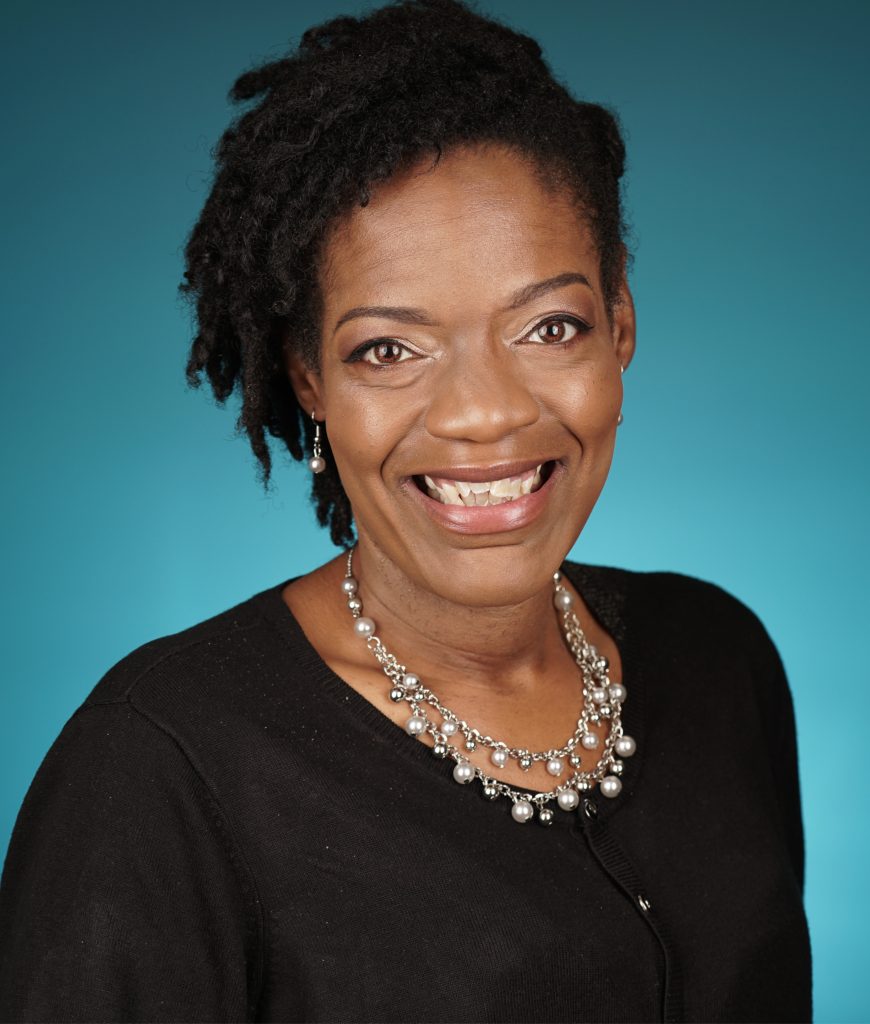Family & Mental Health
FCR HEAD START & EARLY HEAD START

Chatiba Bullock
Education Area Manager
Giving children a head start in health and addressing disabilities early can have a huge impact on lifelong wellbeing.
Healthy children are more likely to attend school and are better able to learn.
Welcome to Family & Mental Health!
The Head Start and Early Head Start programs recognize that early childhood development is foundational and critical in the overall health and success of a child. Children who receive proper nutrition, physical, and emotional support during their first years of life have a better chance of reaching their full potential and succeeding academically and socially.
In addition, research shows that experiences during early childhood have a long-term impact on the brain’s architecture, affecting a child’s ability to learn and socialize positively. Therefore, providing quality early childhood education and health care ensures a healthy future for our children, reduces long-term health disparities, and positively impacts society as a whole.
Overall, the Head Start program is an essential investment in our children’s future, setting them up for success by providing them with the support they need to develop into healthy, productive adults.
The Family & Mental Health Team
 Family and mental health professionals play a crucial role in Head Start and other early childhood programs. These professionals ensure that children receive the appropriate interventions and support necessary for optimal growth and development. They work with families and caregivers to identify and address any developmental or health concerns, including screenings for vision, dental, hearing, and developmental delays.
Family and mental health professionals play a crucial role in Head Start and other early childhood programs. These professionals ensure that children receive the appropriate interventions and support necessary for optimal growth and development. They work with families and caregivers to identify and address any developmental or health concerns, including screenings for vision, dental, hearing, and developmental delays.
In addition, health and inclusion professionals provide consultation and training to program staff on the practices and strategies for promoting children’s social-emotional, cognitive, and physical development. They also collaborate with community partners to connect families with additional resources and services.
Overall, the role of health and inclusion professionals in early childhood programs is essential to promoting the well-being of young children and improving outcomes for their long-term success
Wellness & Inclusion Team includes:
Wellness & Inclusion Area Manager
Wellness, Nutrition & Inclusion Specialist
Mental Health & Inclusion Specialist
Wellness & Inclusion Coordinator
Education Advocate
Health Specialist
Wellness Consultant
PERFORMANCE STANDARDS
1302 Subpart D—Health Program Services
 Dr. Charity S. Watkins is an accomplished assistant professor in the Department of Social Work at North Carolina Central University, where she has been a tenure-track faculty member since January 2018. In addition to her role as an educator, Dr. Watkins is a provisionally licensed outpatient therapist, bringing a unique blend of academic expertise and practical experience to her work.
Dr. Charity S. Watkins is an accomplished assistant professor in the Department of Social Work at North Carolina Central University, where she has been a tenure-track faculty member since January 2018. In addition to her role as an educator, Dr. Watkins is a provisionally licensed outpatient therapist, bringing a unique blend of academic expertise and practical experience to her work.
She holds a Ph.D. in Social Work, earned in May 2019 from the prestigious School of Social Work at the University of North Carolina at Chapel Hill. Her doctoral dissertation, titled “Parenting to Beat the Odds: How Low-Income African American Parents Promote Children’s Academic Resilience in Elementary School,” reflects her commitment to understanding and addressing the challenges faced by socioeconomically marginalized Black children.
Dr. Charity s. Watkins is an accomplished assistant professor in the Department of Social Work at North Carolina Central University, where she has been a tenure-track faculty member since January 2018. In addition to her role as an educator, Dr. Watkins is a provisionally licensed outpatient therapist, bring a unique blend of academic expertise and practical experience to her work.
She holds a Ph.D. in Social Work, earned in May 2019 from the prestigious School of Social Work at the University of North Carolina at Chapel Hill. Her doctoral dissertation, titled “Parenting to Beat the Odds: How Low-Income African American Parents Promote Children’ Academic Resilience in Elementary School,” reflects her commitment to understanding and addressing the challenges faced by socioeconomically marginalized Black children.
This is how I can/will help:
- Personal/Individual Level – provide short-term counseling; referrals to community resources; individual wellness assessment, plans and support
- Team/Center Level –provide assistance and support with developing and monitoring team/center wellness goals to ensure your immediate workspace/environment and relationships promote wellness.
- Agency (FCR) Level – fostering a culture of wellness by developing a wellness committee (if you are interested in joining the committee, please let me know) and offering wellness programs, events, activities and trainings throughout the academic year.
* Please note, all support provided to you is confidential, no personal information is shared with your administrators, supervisors or co-workers without your permission unless there is a safety concern.
______________________
My Availability
Mondays 10am – 3:00pm; Wednesdays 12:00pm – 5:00pm
______________________
Contact Information
You can reach me by email, phone call, text and/or schedule an appointment with me using this link: https://appt.link/meet-with-lorraine-graves
FCR Email: wellness.consultant@fcrinc.org
Alternate Email: lgraves@faithsolutionspllc.org
Phone Number: 919-756-6545 (can call and/or text)
I look forward to going on this wellness journey with you! ~ Dr. Graves
Children enrolled in Head Start with disabilities are identified through a comprehensive process that includes screening, assessment, and individualized support. The program uses the Head Start Early Learning Outcomes Framework and the Child Find mandate, which requires states to identify and evaluate children with disabilities from birth to age five. Screening is the first step and involves observing a child’s behavior and developmental milestones. If a child is identified as potentially having a disability, a more in-depth assessment is conducted. An individualized education program (IEP) is then created to meet the child’s specific needs, and early intervention services are provided, such as speech therapy, occupational therapy, or special education. The program also offers other supportive services, including family engagement and mental health services. By providing early identification and intervention, the Head Start Program helps children with disabilities overcome obstacles and reach their full potential.
The Head Start program provides nutrition in several ways. Firstly, they provide free healthy meals and snacks that meet the dietary guidelines of the USDA. The meals are served in a family-style setting, where children and teachers eat together, and this allows children to learn from adults about healthy eating habits and table manners.
Secondly, Head Start program offers nutrition education to both children and parents to help them make healthy food choices. Nutrition education involves activities such as cooking demonstrations, gardening, and other interactive activities that promote healthy eating habits.
Finally, the Head Start program employs nutrition professionals who assess the nutritional needs of each child and provide individualized nutrition plans to ensure that they receive the right balance of nutrients that they need for healthy growth and development. Overall, nutrition is a critical component of the Head Start program, and it plays a significant role in promoting the health and well-being of young children and their families.